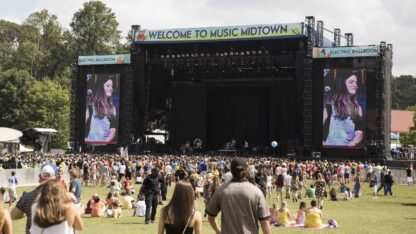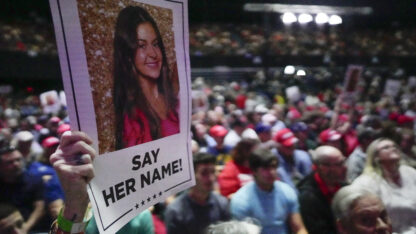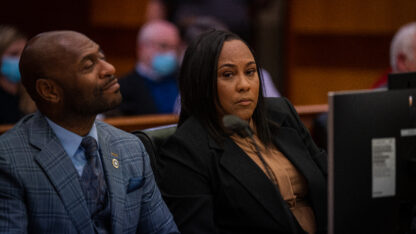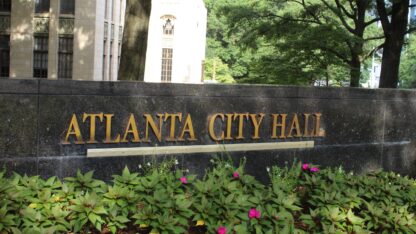Georgia labor union representatives push for Hyundai to commit to protecting workers

In a letter to the CEO of Hyundai Motors on Aug. 27, a coalition of labor union members from Alabama and Georgia say they’re deeply concerned with what they say is Hyundai’s track record of violating worker’s rights.
The South Korean automaker says they will hire more than 8,000 people in the U.S. over the next few years as they grow EV manufacturing in the South.
Hannah Perkins, an AFL-CIO representative, said that the coalition sent the letter to Honda Motor America and their CEO to negotiate a binding community benefits agreement that ensures safe family wage jobs while addressing the needs of local communities.
“Especially [in] rural Alabama and Georgia, want to make sure that not only are those good paying jobs, but you know, those are safe jobs,” said Perkins.
Perkins says that recent reports and litigation have revealed the extent of worker abuses at Hyundai within their supply chain and in Georgia, including racial discrimination, the exploitation of incarcerated workers, mistreatment of undocumented workers and child labor.
“Our goal is, first and foremost, a community benefits agreement,” she said. “We want to ensure that workers across the board at the plants have the right to organize.”
Hyundai says employee safety is their priority.
“Hyundai is proud to be creating jobs and opportunities for Americans through significant investments in new technologies and manufacturing across the country,” the company said in a statement to WABE.
“Through our landmark commitments of more than $10 billion in Georgia and Alabama, we are leading the electric vehicle transition in the U.S.,” they said. “Our top priority is the safety and well-being of the more than 114,000 individuals we employ directly and indirectly, whose market-leading skills and expertise are driving America’s auto industry forward.”
Perkins notes that while she and local Hyundai employees are grateful for the work the company provides, they should still be protected.
“We want these smart investments in our state. But we want those investments to come with strong manufacturing standards… [that] these publicly funded projects have those provisions to protect workers.”
Hyundai’s new smart factory is expected to begin commercial production in 2025.








